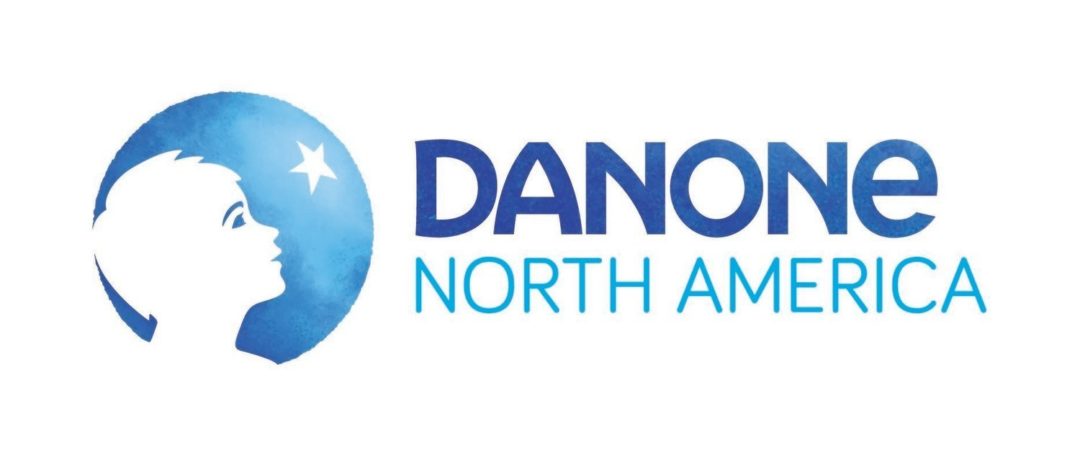BROOMFIELD, Colo. and WHITE PLAINS, NY. -- Danone North America released a new study revealing that Americans believe food accessibility is one of the most important issues now facing the nation, putting it on par with or ahead of access to healthcare, climate and jobs. Additionally, the survey showed one in four Americans do not have a positive outlook when it comes to the trajectory of nutritious food accessibility and are looking at both public and private sectors to take action.
Danone North America's State of Nutrition Equality Study analyzed the attitudes, beliefs and expectations around food and nutrition access of more than 4,000 Americans, across ethnicity, region, age and income level. The study found that 60% of Americans do not eat what they would describe as very nutritious foods, due to significant economic and physical barriers. Those surveyed believe these gaps have a ripple effect, impacting their families, communities and the country at-large, where diet-related diseases currently lead to more than one million preventable deaths annually.
Danone has been on a journey to continue to more deeply understand the current perceptions, values and pain points related to consumer nutrition in the US. In partnership with Zeno Group, Danone North America fielded an online survey of 4,132 U.S. (including 1,049 "Gen Pop" respondents, defined as a group of individuals who reflect the actual demographic makeup of the US, and multicultural Over Samples among 1,043 Black/A-A respondents, 1,026 AAPI respondents and 1,014 Hispanic/Latinx respondents) in May 2023.
"Danone believes in a future where nutrition is more available, accessible and equitable—our vision is for a more inclusive state of nutrition where consumers have agency over their health, through food," said Shane Grant, Group Deputy chief executive officer for Danone. "At Danone, our mission is to bring health through food to as many people as possible, but we cannot act alone. Improving nutrition equality at scale will require partnership across sectors for transformational change."
Key findings from theState of Nutrition Equality study include:
- 87% of respondents ranked food accessibility (availability, affordability, quality, security) alongside healthcare (87%), the economy (88%) and cost of living (92%) as one of the most important issues facing society today.
- Lower-income respondents feel that food accessibility is an even more pronounced issue (93%).
- More than eight out of ten individuals believe that more access to nutritious foods would result in a higher quality of life, including feeling better, having more energy and overall improved physical health and well-being.
- The findings also point to an emerging relationship between mental health and nutrition. According to the survey data, Americans see mental health and nutrition as intertwined – 76% of respondents believe what they eat affects their mental/emotional state, and 78% believe their mental/emotional state affects what they eat. Younger generations, namely Gen Z and Millennials, are more likely to say their mental state affects what they eat when compared to older generations..
- Black/African American respondents ranked "heart healthy" as the top priority, followed by "rich in vitamins/minerals" and "low sugar," respectively.
- Hispanic/Latino and Asian American respondents both ranked "rich in vitamins/minerals" and "low sugar" as their top two priorities.
- More than one-third (34%) noted that personal barriers such as stress, anxiety, depression or eating disorders are preventing them from eating nutritious foods.
- Multicultural consumers are more likely to face barriers to accessing nutritious foods than the general population, commonly citing affordability and institutional barriers like government support.
- Physical barriers, such as lack of transportation and safety, remain a top barrier for Black/African American communities (43%).
- More than six out of ten Americans would like food companies to support local food systems, develop affordable products and provide education and resources to help inform healthier food choices.
- Multicultural communities expressed a higher likelihood to support brands that help address access to nutritious foods (79% of Hispanic/Latino consumers; 76% of Black/African Americans and 75% of Asian Americans).
- 61% of Americans believe emerging technologies like artificial intelligence and machine learning can help improve access to nutritious foods.

